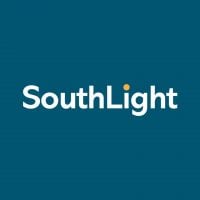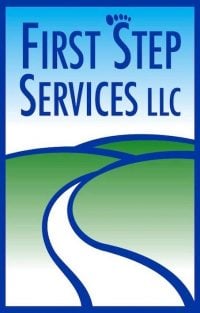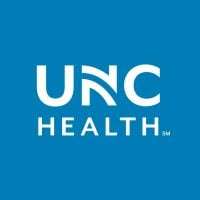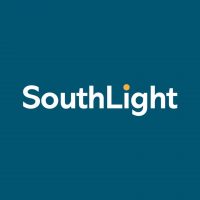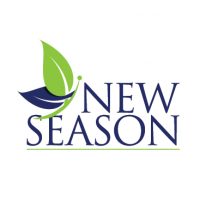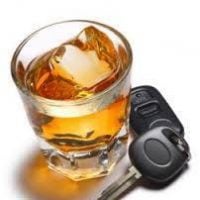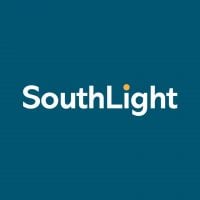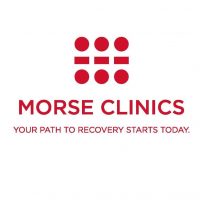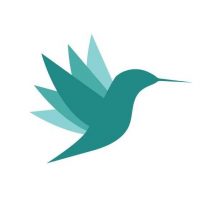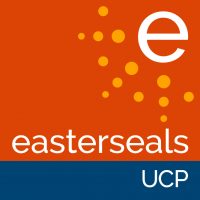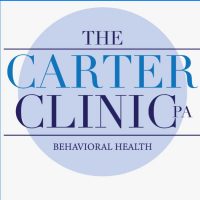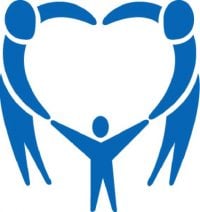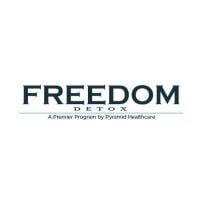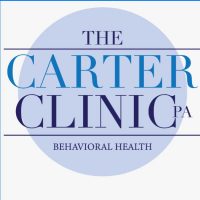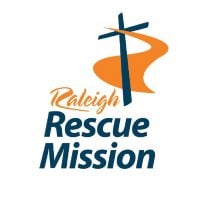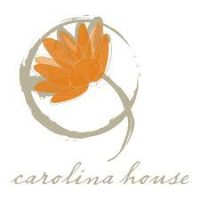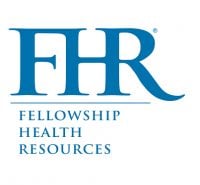Drug and Alcohol Treatment and Rehab Now in Raleigh, NC
Raleigh, North Carolina, is, unfortunately, struggling with a significant drug addiction and abuse problem. According to the Substance Abuse and Mental Health Services Administration, in 2015, Raleigh had the seventh-highest rate of drug-related deaths in the country.
Moreover, there were 552 reported overdoses in the city in 2016, and those numbers are only increasing. Raleigh’s most commonly abused drugs include heroin, methamphetamine, prescription opioids, and cocaine.
Drug addiction and abuse can greatly impact the community in Raleigh, NC. It can lead to crime and violence, and it can also create a negative environment for people who live in the community.
If you are struggling with drug addiction, it is important to seek help from a professional treatment center. There are many resources available in Raleigh, NC, that can help you get the treatment you need to overcome your addiction.
There is promise for healing and a better future, with a variety of opioid and alcohol treatment services available in North Carolina, here’s what we have for Raleigh. We list many of the best drug treatment facilities and centers in Raleigh, all with their own unique offerings.
Get Professional Guidance on Finding Treatment
We will help you find treatment based on your location, budget, and specific needs and help you get started safely.
Free + Confidential Consultation
Browse 56 Centers in Raleigh, North Carolina
Rubicon Family Counseling Services is an accredited Addiction Treatment Facility located in Hartsville, SC providing a range of evidence-based therapeutic services and levels of care including Aftercare Support, Drug Rehabilitation, Dual-Diagnosis treatment, Intensive Outpatient programs, Intervention services and traditional Outpatient levels of care that are accepted by many private health insurance plans.


First Step Services - Raleigh is a premier health center accredited by CARF and LegitScript that offers specialized drug rehab services and is covered by most Private Health Insurance plans to support individuals suffering from Alcoholism, Dual Diagnosis, Opioid Addiction, Substance Abuse and Drug Addiction.


UNC Horizons - WakeBrook Outpatient drug rehab provides comprehensive, accredited treatment programs to those suffering from addiction and co-occurring mental health issues.

Southlight Healthcare - Garner Road is an accredited addiction treatment facility located in Raleigh, NC, offering Aftercare Support, Detox, Drug Rehab, Inpatient, Intensive Outpatient and Outpatient Levels of Care, and accepting private health insurance, with a mission to provide quality care and support to those struggling with addiction.


Healing Transitions - Women's Campus is an addiction treatment center in Raleigh, North Carolina offering detox, drug rehab, and inpatient care for individuals with alcoholism, opioid addiction, substance abuse, dual diagnosis, and drug addiction, and accepts private health insurance.
Holly Hill Hospital - Adult Inpatient/Outpatient in Raleigh, North Carolina is an accredited addiction treatment facility offering a wide range of services to individuals struggling with opioid addiction, substance abuse, dual diagnosis, mental health issues, and alcoholism.

New Season - Raleigh Treatment Center in Raleigh, North Carolina offers a range of addiction treatment services, including detoxification, inpatient and outpatient levels of care, 12-step meetings, and individual or group therapy sessions, all provided by a fully integrated team of experts.


Fernandez Community Center is a drug rehab in Raleigh, North Carolina offering a range of treatment services, aftercare support, and accepting private health insurance.
Genesis DWI Services - Raleigh is a top-rated addiction treatment facility that offers drug rehab, outpatient care, and intervention levels of care for those suffering from drug addiction, dual diagnosis, and substance abuse, and accepts private health insurance.
Southlight Healthcare - Poplarwood Court
Southlight Healthcare - Poplarwood Court in Raleigh, North Carolina is an accredited facility specializing in comprehensive healthcare for addiction and substance abuse, offering evidence-based care through a multi-disciplinary team and providing services such as primary care, medication-assisted treatment, intensive outpatient programs, and wrap-around services.


Hope Services - Raleigh Location in Raleigh, North Carolina is an accredited comprehensive treatment facility offering a wide range of evidence-based treatment options for addiction and substance abuse, including dual diagnosis, opioid addiction, alcohol addiction, drug addiction, and mental health, with the goal of helping individuals achieve long-term recovery.



Morse Clinic of North Raleigh
Morse Clinic of North Raleigh offers specialized treatment plans for opioid addiction, dual diagnosis, and drug addiction, with a focus on providing personalized care and support to help individuals and their loved ones achieve sobriety in a safe and supportive environment.



Carolina Outreach - Raleigh is an accredited addiction treatment center in Raleigh, NC that utilizes evidence-based therapies and individual-focused aftercare services to help people suffering from addiction and mental health issues to achieve lasting recovery.

Sigma Health Services in Raleigh, North Carolina is an addiction treatment facility that offers comprehensive services for substance abuse and mental health, utilizing evidence-based treatments and accredited by CARF, with a focus on helping individuals establish long-term sobriety and improve their overall well-being.

Easter Seals UCP is a compassionate addiction treatment facility in Raleigh, North Carolina that provides a wide range of services, including drug rehab programs and counseling, to help individuals get sober and rebuild their lives.
The Carter Clinic in North Carolina provides comprehensive addiction treatment services, from detox to outpatient care, and accepts most private health insurance plans with a team of professionals dedicated to helping individuals make a successful recovery.
This Addiction Treatment Facility in Raleigh, NC provides comprehensive treatment plans tailored to individual needs, utilizing evidence-based modalities such as Cognitive Behavioral Therapy (CBT) and Dialectical Behavioral Therapy (DBT) for both Outpatient and Partial-Hospitalization levels of care, with SAMHSA accreditation and 24/7 support for those seeking to heal from drug addiction and mental health issues.

UNC Hospital - Mental Health Specialists is an outpatient drug rehab facility located in Raleigh, NC that provides treatment for Dual Diagnosis, Eating Disorder, Drug Addiction, and Mental Health, and accepts private health insurance.
Triangle Family Services in Raleigh, North Carolina is a non-profit organization that offers mental health, substance abuse, and family services to individuals and families in the greater Triangle area, including residential and outpatient treatment, counseling, and prevention programs.
Legacy Treatment Centers - Raleigh is a premier Addiction Treatment Facility in Raleigh, NC that specializes in treating individuals suffering from Alcoholism, Opioid Addiction, Dual Diagnosis, and Drug Addiction, offering Private Health Insurance, personalized treatment plans and Aftercare Support services, as well as relapse prevention and help for family members.
New Season - Raleigh Methadone Treatment Center
The Raleigh Methadone Treatment Center is an accredited rehabilitation center that provides outpatient care, detoxification, and aftercare support to people suffering from addictions to alcohol, opioids, and other drugs.

Cottage Home Care
Cottage Home Care offers comprehensive care for individuals struggling with substance use and mental health challenges, specializing in treating opioid addiction, alcohol abuse, and dual-diagnosis cases, with evidence-based treatment methods and aftercare support to ensure a successful transition back to their home communities.
Arbor Counseling
Arbor Counseling is a premier addiction treatment facility in Raleigh, NC that offers multiple levels of care and comprehensive evidence-based therapies to individuals looking to get sober.
UNC Horizons - Wake County Health Department Outpatient
UNC Horizons - Wake County Health Department Outpatient in Raleigh, NC is an Addiction Treatment Facility offering a wide variety of services tailored to meet the needs of individual patients and ensure comprehensive care for those suffering from addiction and substance abuse.

Carter Clinic in Raleigh, NC provides drug rehab and offers various levels of care, including detoxification, therapy, and aftercare support, to give individuals a safe and supportive environment to work towards their recovery goals, and accepts private health insurance.
The Raleigh Rescue Mission provides support, treatment, and aftercare for individuals with addiction problems including alcoholism, opioid addiction, and dual diagnosis in North Carolina.
The Neuropsychiatric Clinic at Carolina Partners has been providing addiction treatment services in North Carolina since 1994 and offers detox levels of care along with accepting private health insurance and a highly skilled staff to address various mental health issues.
Carolina House - Outpatient in Raleigh, NC provides comprehensive care for individuals struggling with dual diagnosis, eating disorder, and mental health issues with a variety of treatment options and evidence-based techniques provided by experienced clinical staff offering a safe and comfortable environment with 16 beds, and accepts private health insurance.

Fellowship Health Resources - Raleigh offers comprehensive care for addiction and mental health issues in the Raleigh, NC area, using evidence-based treatments and a range of services, and are committed to providing personalized and compassionate care with a focus on family support and education.

North Carolina Recovery Support Services - Navaho Drive
Navaho Drive Recovery Support Services is an accredited treatment center in Raleigh, North Carolina, providing evidence-based addiction treatment and personalized support to help individuals struggling with substance use disorders lead healthier, sober lives.

- 1
- 2
⠀Information About Substance Abuse and Addiction in Raleigh, NC
Raleigh, NC, is unfortunately not immune to the problems of alcohol abuse and drug addiction that plague many other cities in North Carolina. According to the Raleigh News & Observer, there were 83 alcohol-related deaths in Raleigh in 2017 – a rate of nearly 4 per 100,000 residents.
This was significantly higher than the state average of 2.8 per 100,000 residents. Drug overdoses are also a major problem in Raleigh, with a rate of nearly 19 per 100,000 residents in 2017.
This is again higher than the state average of 16 per 100,000 residents. The abuse problem is big and apparent in Raleigh.
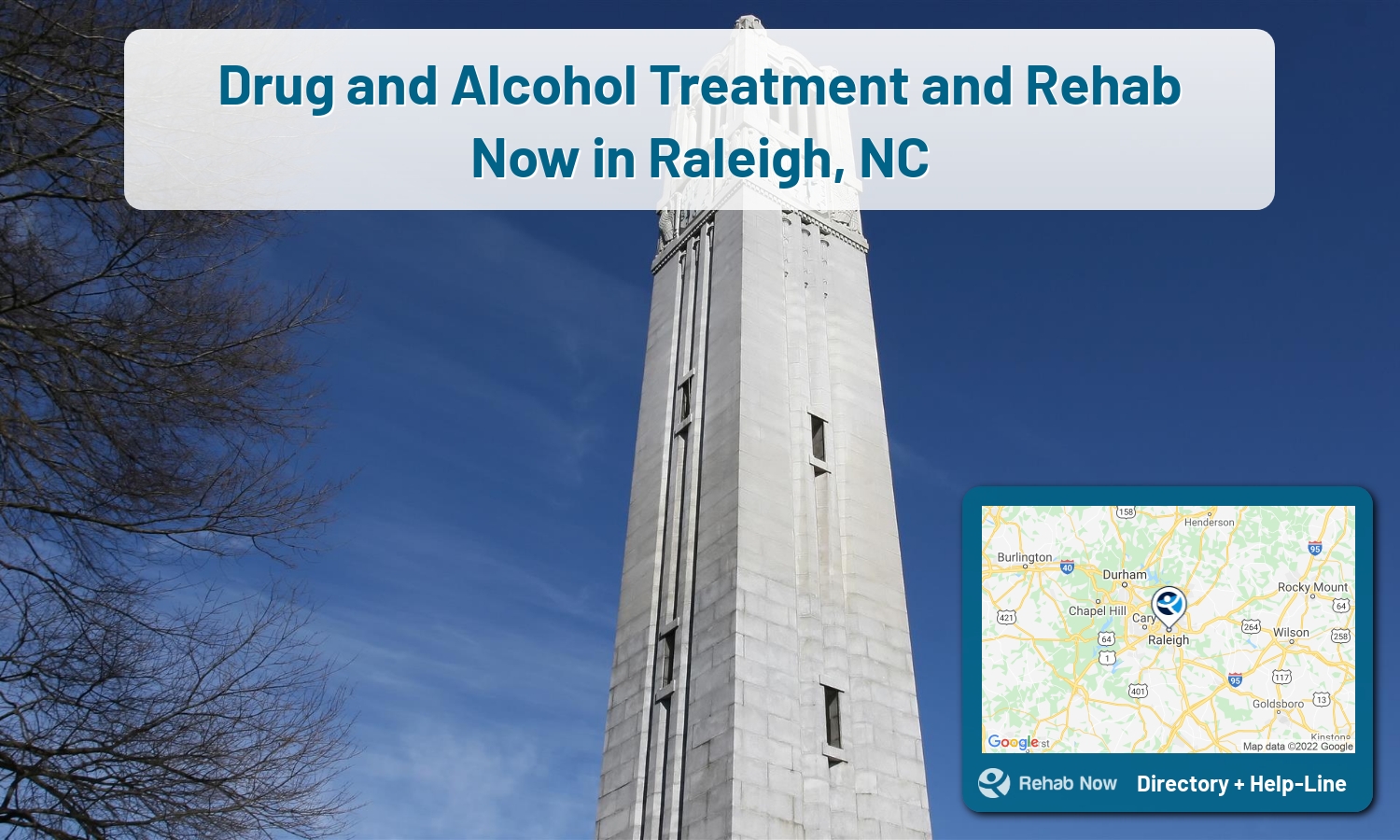
Get Sober in n Raleigh, North Carolina.
There are a wide variety of different types of treatment available in Raleigh, North Carolina. This includes both inpatient and outpatient programs and a variety of different types of therapy. There are also several 12 step programs available in the area.
Inpatient treatment is typically for those struggling with a more serious addiction. It allows the person to be away from their usual environment and receive around-the-clock care.
Outpatient treatment allows the person to continue to live at home while receiving treatment.
A variety of different types of therapy are also available in Raleigh, North Carolina. This includes individual therapy, group therapy, and family therapy.
In Raleigh, North Carolina, life after getting sober is different from life before getting sober. For one, people are generally a lot happier and more content with their sobriety.
Secondly, they now have the clarity of mind to live a more meaningful and fulfilling life. Finally, they no longer have to worry about the negative consequences of alcohol or drug use, such as addiction, financial problems, or legal trouble.
Raleigh is a great place to do it if you consider getting sober!
⠀Drug and Alcohol Statistics in Raleigh, North Carolina
Raleigh, NC, is not immune to the drug and alcohol abuse crisis facing the rest of the country. Raleigh’s population is about 430,000, and 10% of Raleigh residents report current illicit drug use. In addition, Raleigh has a higher rate of alcohol-related hospitalizations than the rest of North Carolina.
According to data from the Raleigh Police Department, there were 1,325 arrests for driving under the influence in 2017. This was a 12% increase from the previous year.
- Between 2013 and 2015, Raleigh’s number of opioid-related deaths increased by 68%.
- Raleigh police responded to 836 overdose calls in 2017, a 15% increase from 2016.
- The majority of opioid-related deaths were caused by fentanyl (379), followed by heroin (261) and prescription opioids (66).
- Between 2016 and 2017, the number of emergency room visits due to opioid overdoses increased by 21%.
- The majority of overdose deaths occurred among people ages 35-54.
Additional Treatment Centers in North Carolina
North Carolina ranks 29th in the nation for overall substance abuse. Many of the drugs abused in the state are illicit, and many of these are opioids. Prescription opioids are readily available due to the high rates of medical workers prescribing them. The number of prescriptions has increased tenfold since the 1980's. Opioid overdoses are the most common type of death in North Carolina.
Still haven't found the right recovery center? Browse nearby North Carolina cities.
- Ahoskie, NC (99.2 mi.)
- Jackson, NC (80.7 mi.)
- Frisco, NC (172.6 mi.)
- Mocksville, NC (108.8 mi.)
- Swannanoa, NC (212.1 mi.)
- Asheville, NC (220.6 mi.)
- Henderson, NC (42.0 mi.)
- Kernersville, NC (84.7 mi.)
- Carrboro, NC (27.2 mi.)
- Newland, NC (186.1 mi.)
- Harrisburg, NC (117.8 mi.)
- Connellys Springs, NC (161.8 mi.)
- Charlotte, NC (78)
- Greensboro, NC (58)
- Raleigh, NC (56)
- Durham, NC (56)
- Wilmington, NC (50)
- Fayetteville, NC (48)
- Asheville, NC (41)
- Winston Salem, NC (29)
⠀Comprehensive Drug Rehabilitation Programs in Raleigh, North Carolina
Raleigh, NC, is home to several comprehensive drug rehabilitation programs. These programs offer various services to help people who are struggling with addiction, including detoxification, counseling, and aftercare.
The staff at these programs is experienced and dedicated to helping people overcome addiction and rebuild their lives.
Raleigh, NC, has some resources available to help people fight drug addiction. Programs offer various services to help people who are struggling with addiction, including detoxification, counseling, and aftercare.
The staff at these programs is experienced and dedicated to helping people overcome addiction and rebuild their lives.
⠀Signs of Someone Struggling with Addiction in Raleigh, NC
Raleigh, NC, is home to many people struggling with addiction. According to the National Institute on Drug Abuse, addiction is a “chronic, relapsing brain disease that is characterized by compulsive drug seeking and use, despite harmful consequences.”
People who are struggling with addiction may try to hide it from family and friends, but there are some telltale signs that something is wrong. They may start missing work or school, or they may withdraw from social activities.
They may also begin to neglect their appearance or hygiene. Additionally, people struggling with addiction may start to lie or steal to get money to buy drugs.
If you see any of these signs in someone you know, it’s important to reach out and offer help.
⠀Questions to Ask Before Entering an Alcohol or Drug Rehab Center in⠀Raleigh, NC
When you or a loved one is struggling with addiction, it can be difficult to know the best next step. Should you enter an inpatient or outpatient program? Which facility will provide the most effective care?
Asking the right questions can help you make an informed treatment decision. Here are some of the most important questions to ask before entering a drug or rehab center.
- What is your success rate?
- What is the length of your program?
- What are the costs of your program?
- What is the philosophy of your treatment program?
- What are the credentials of your staff?
- What is the patient-to-staff ratio?
- What amenities are available?
- What is the length of stay?
- Are you licensed and accredited?
- Do you offer aftercare or continuing care programs?
The answers to these questions will give you enough direction to work with and allow you to narrow your decision down to the perfect one.
⠀What are the Main Reasons Raleigh, North Carolina, has a Drug Problem?
There are a few reasons Raleigh, North Carolina, has a drug problem. The first reason is the availability of drugs. Raleigh is located near some of the major drug trafficking routes in the eastern United States. This makes it easy for dealers to get their hands on drugs and bring them into the city.
Another reason Raleigh has a drug problem is poverty. According to the United States Census Bureau, the poverty rate in Raleigh is 17.3 percent. This means that a significant portion of the population is struggling to make ends meet. When people are struggling financially, they may turn to drugs as a way to cope with their problems.
⠀Which drug addictions are treated at drug treatment centers in Raleigh, NC?
There are many different types of drug addiction that can be treated at drug treatment centers in Raleigh, NC. These include addictions to alcohol, prescription drugs, illegal drugs, and even over-the-counter medications.
Drug-Related Crime and Government Initiatives in Raleigh, North Carolina
Drug abuse is a problem that has been on the rise in recent years. In 2014, there were 841 drug-related crimes reported in Raleigh, an increase of 7% from the year before.
However, the city has been working hard to combat this problem.
In 2015, the Raleigh Police Department created a special task force to focus on drug-related crimes. The task force has been working to investigate and arrest those involved in drug dealing and other illegal activities.
The department has also been working with local schools and community groups to raise awareness about the dangers of drug abuse.
The city has also created several programs to help those who are struggling with addiction. These programs provide counseling, support, and treatment options for those who need them.
Need treatment nearby in Raleigh, North Carolina? Choose a drug/alcohol rehab center from our list, or call our hotline now for free help. (888) 674-0062.
